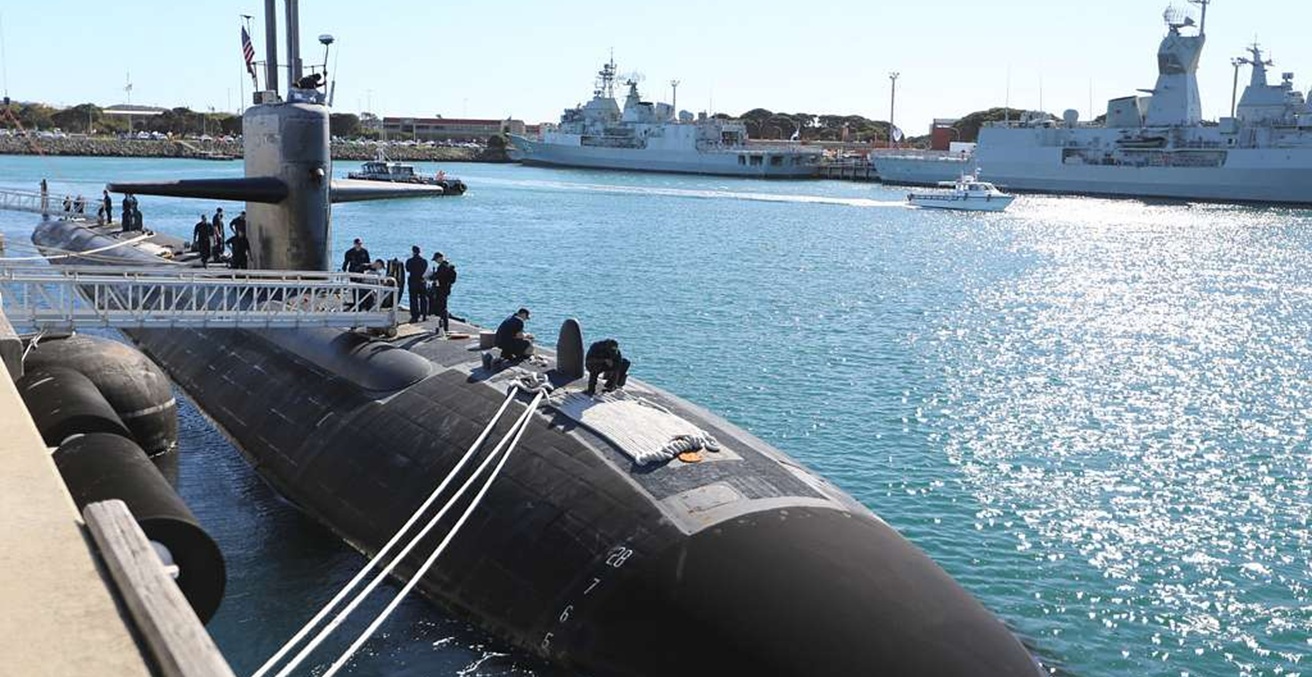Daybreak on 24 February brought with it Russian bombs and a choice for each of the 40 million Ukrainians. Here’s but one of them.
Eerie silence in the capital. The news headlines, like graffiti on the wall, marred the mood of the day. That was 13 February, when it was almost ill-mannered to talk about a war, which we all agreed was inconceivable to imagine in the capital of Europe. War, we thought, is outdated. But everyone had a Plan B.
Daybreak, a phone call: “Boryspil Airport was attacked.” I could tell, by the number of missed calls and unread messages on my phone, that I needn’t check the news to verify my aunty’s words. In the first ten minutes of a war, you know who you love. You message them first. In the next ten minutes, you mentally throw away your possessions. Nothing in your home is useful, apart from your passport, phone, charger, power bank, prescription medicine, and warm clothes. Nothing more will fit in your backpack.
I stalled. What next? I ran and re-ran exit options in my mind. Airport — no flights. I walked the 15 minutes to the Zhuliyani airport to find the grounds sealed off with armed guards. Train — no tickets. If an airport was attacked, is the train station safe? I have no car. With effort, I accepted that my Plan B was useless, a relic of the time when I planned ahead. A naive thought that there would be a warning and time to action my Plan B. I accepted that I would not see my family in Odessa that day. I still have not seen my family in Odessa.
Then, I remembered Zhuliyani airport is walking distance away. There is no basement in the Soviet-style building where I rent my flat. So, the only viable option left to me, for hiding during an air raid, is in the bathtub. Mine faces the window. Glass. I called my friend Marina and ordered a Bolt. I arrived at the one-bedroom flat, where I was welcomed by my friend, her husband, and her parents who, by chance, arrived that morning from Mariupol. We took turns sleeping that night and woke each other up during the air raids to go down and back up the five flights of stairs to the basement. That was day one.
We relocated three times in the first ten days for safety. Refugees in our own country, we moved west, the furthest from the Russian border. My grandparents welcomed us into their home in the village. There was no hot water. There was no central heating. There is no highway, no military objects nearby. There were no air raids. We had food, water, and some days, there was petrol at the nearby gas station. This was a good scenario.
Our days took on a routine. Morning roll call with everyone we hold dear, to check their safety status. Marina had not heard from her relatives in Mariupol for seven days. I called my family in Odessa. We only tell each other the good news we hear. My 83-year-old grandmother survived Hitler in Belarus during WWII, now she is surviving Putin in a basement in Ukraine. And she will. We all will.
I call my Mum in New Zealand, with video, to show her my face. I recognise my voice. But I no longer recognise the face of the woman using it. We check the many thousands of daily posts in the Telegram chats we monitor and deliberate about the news. The victory, we believe, is ours. Yet, we are anxious about how long it will take and on what terms.
Why didn’t I leave immediately? Some I know stay. The practicality of war is harder than any analysis you read from afar. Do you have a car? Petrol? Can you find accommodation in the already overpopulated Western provinces? Do you have the financial means to cover the bill? Do you have grandparents? Will they survive the journey? A four-hour trip takes 12 hours because the brave and selfless Ukrainian men guard our safety at block posts, erected at every junction. And so, my friend stays in Kyiv with his grandfather and family, watching Russian shells fall 20 degrees to the left of his balcony.
And what if you feel morally obliged to stay, to join the Territorial Defence Forces or the Army, or to volunteer to deliver the supplies they need to defend Ukraine? Or simply, and yet overwhelmingly, do you feel morally bound, to not run? Why should we be made to run? We are on our soil. This is our country. And what if you are a single woman who made a choice to leave Australia and move to Ukraine because you are Ukrainian-born and you long to live in your home country, in a capital of Europe with like-minded people whose vision for the future you share? I made that choice four years ago. I was free to choose, and I chose Ukraine. Would you give up that freedom?
On Day 19, I made a choice to leave Ukraine. As heartbroken as I feel about what I chose, I had a choice. Through one of the numerous Telegram chats, I found a contact of a driver. For 1500 hryvna — about US $50 — he offered to take me from Lviv to the border crossing. On the way, I found out that Alexander, a 20-year-old student, was living in Warsaw when the fighting broke out. On Day 5, he decided to cross the border back to Lviv, his hometown, so he could be more useful to his family, community, and strangers like myself.
I arrived at the border wearing the same black sports suit in which I left my flat in Kyiv, to spend what I thought would be only one night at my friend’s flat. I had my backpack and an empty red suitcase, which we used for transporting food. This is a good scenario. In the queue, I heard a man, as he handed back a child to her mother say, “Don’t worry. Grandad will soon come for you and bring you back home.” Another woman, with three children, shuffled documents into the custom guard’s hand as proof of permission to act as guardian for the children, whose parents clearly didn’t get the choice to travel with them to safety. Four steps later, I crossed the green border fence and became a refugee.
Day 53. Time has split into before and after the war. And then again, before and after the reports from Bucha. On 8 April, Marina had a message about her relatives in Mariupol. Alive. They remain in Mariupol, living in their basement with some of their neighbours. On their street, only three houses have survived the bombs. Marina’s family home, excluded. When we win, when the enemy is driven out, when we learn of the fate of a city under siege for 54 days and counting, time will split again.
Waiting at the border, I remember the soil underneath my feet. The right I have to stand on this soil, to live on this land. I remember thinking that I will not be able to forgive them. I have not. I remember thinking about how much time I will have, until the sirens sound in Warsaw and I have to run again. They have not. I have not. I remember not knowing what to say to the people I will meet. People whose mood is marred by the news’ headlines. People with a Plan B.
Tamara Lobzina was a C-level executive in the venture capital industry. She is currently, a volunteer with Help Ukraine Center and The $1K Project.
This article is published under a Creative Commons License and may be republished with attribution.




